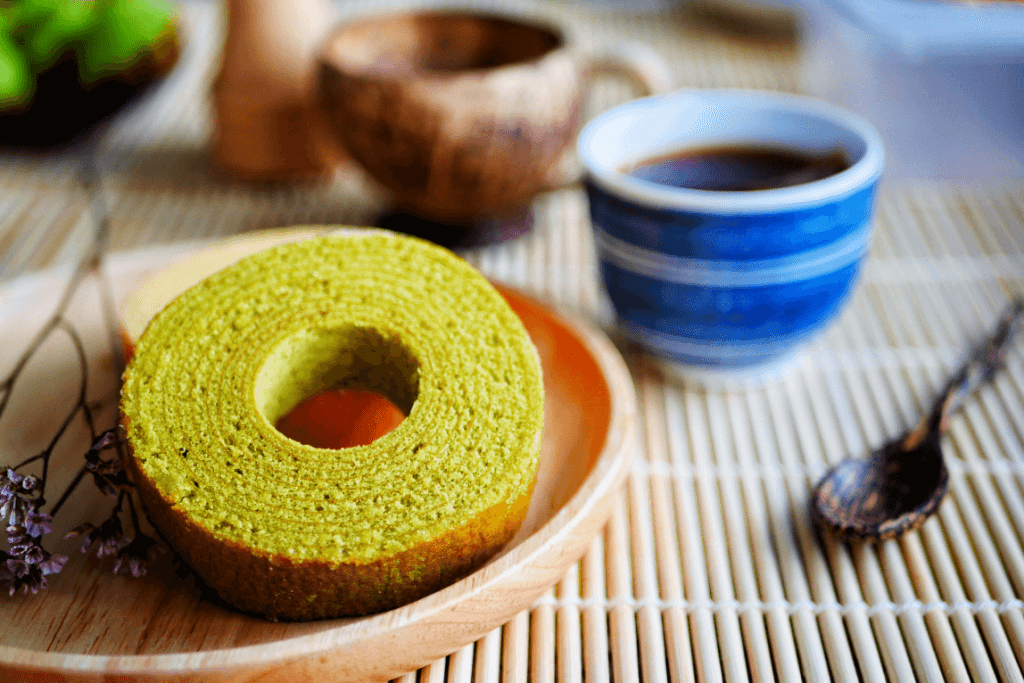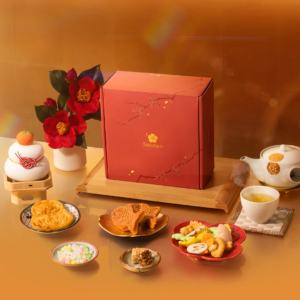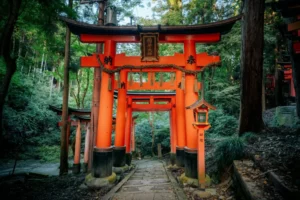Baumkuchen is one of Japan’s signature pastries and has been for over a century now. If you’ve been to Japan, you may have noticed baumkuchen everywhere. Perhaps you’ve tasted one before – simple, yet so delicious! This traditional German confectionery means tree cake. Its name derives from the layers of rings that make up the dessert, resembling the rings of a tree.
Table of Contents
ToggleWho created baumkuchen?
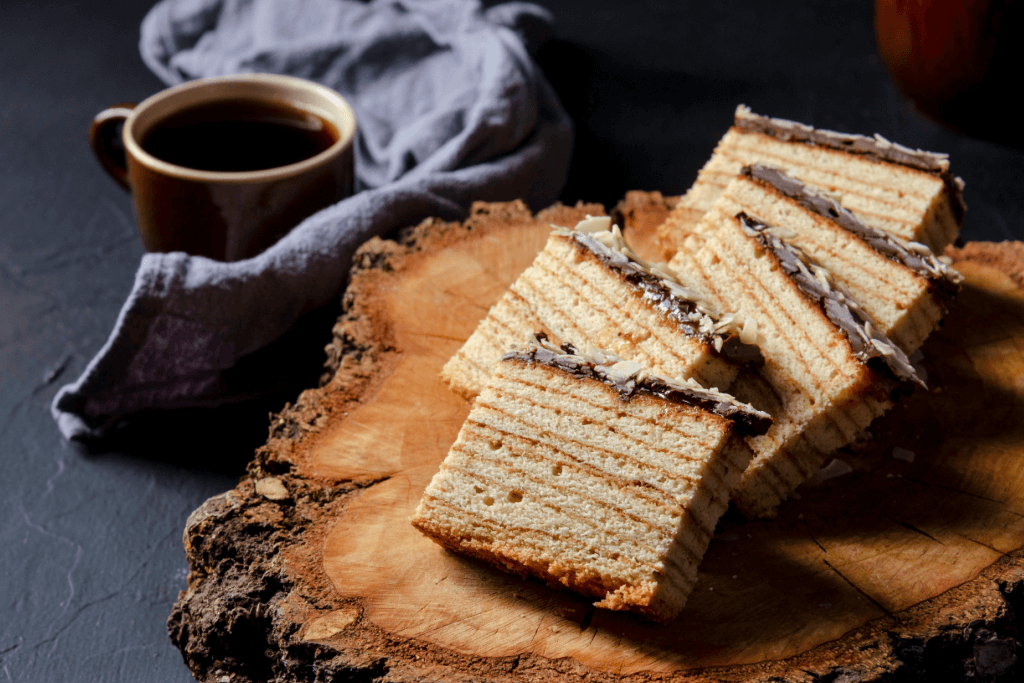
The origins of baumkuchen are unclear, with some historians attributing its creation to the Hungarians and others to the Greeks. The first known preserved recipe for baumkuchen is from an Italian cookbook from 1426. Additionally, the oldest surviving German-language recipe is from around 1450. However, the cake was first introduced to Japan by the German baker Karl Joseph Wilhelm Juchheim in 1919, and it has since become a popular dessert in Japan
How did it get to Japan?
Baumkuchen was first introduced to Japan by German baker Karl Juchheim nearly a century ago, in the 1920s. During World War I, he lived in China when he was captured and brought to an internment camp in Japan.
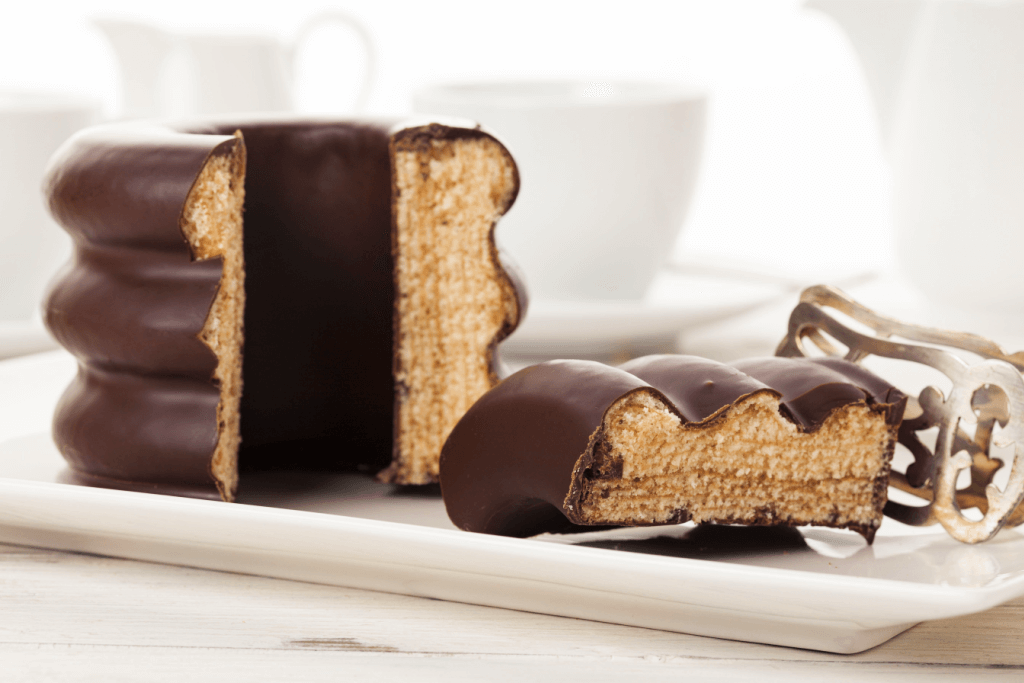
When prisoners were asked to exhibit at the Hiroshima Prefectural Commercial Exhibition, Karl showcased the dessert. It was a success because he opened the first boutique bakery in Yokohama two years after his release. Today, 100 years later, the German baumkuchen that they made famous has become a Japanese dessert.
Looking to enjoy classic Japanese treats in the comfort of your own home? Check out Sakuraco! Sakuraco sends traditional Japanese tea, sweets, and snacks to your door every month so you can have a relaxing snack time at home!
Why is it so popular in Japan?
Baumkuchen in Japan is popular because it fits well with Japanese cuisine. It has a moderately sweet taste that doesn’t overwhelm the palate and has a light and slightly chewy texture. The original flavor is also neutral enough to easily fit with additional flavorings like milk, green tea, or chocolate.
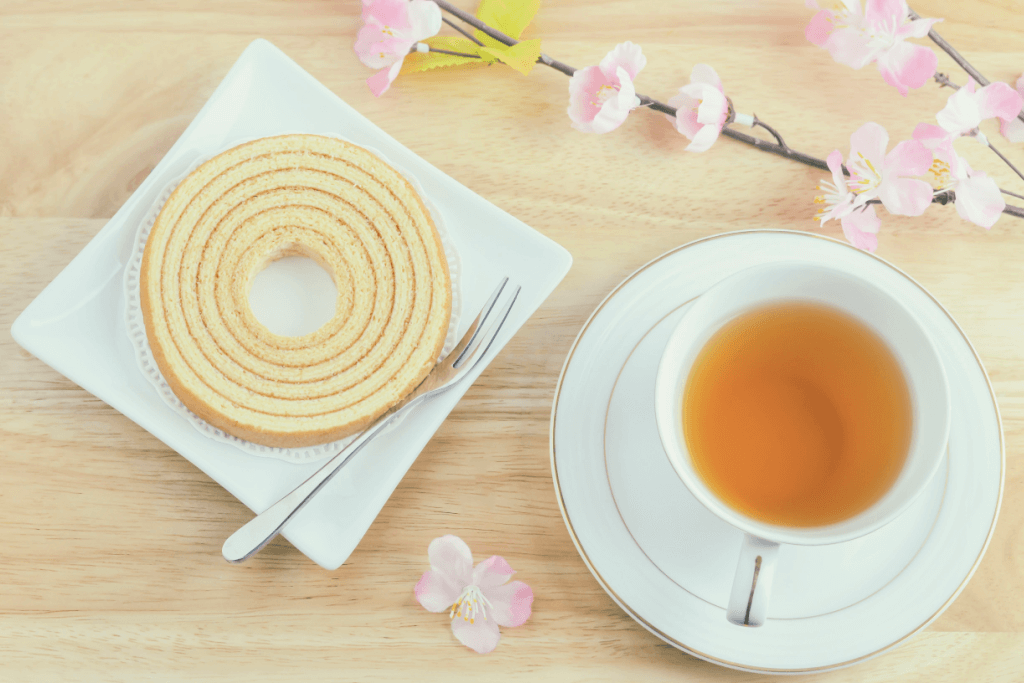
If that description sounds familiar, it’s because it has a lot of similarities with Japanese daifuku mochi (Japanese rice cake). Baumkuchen is one of the most oft-consumed Japanese pastries and easily competes with melon pan and curry bread staples.
The cake’s aesthetics also play an essential role because baumkuchen’s layers, reminiscent of a tree’s growth rings, represent long life, happiness, and luck. So, it became a trendy wedding and anniversary gift. Its aesthetic appeal and mellow flavor make it easy to see how this confection has gained popularity in Japan.
Where can I find the best Japanese baumkuchen?
These establishments showcase the country’s love for this German-inspired treat, offering variations from classic recipes to innovative twists. There, you can indulge in the delightful layers of flavor and texture that make baumkuchen a beloved dessert across Japan! Without further ado, here are some places to find the best baumkuchen!
Kobe Motomachi store
The store that Juchheim opened in Yokohama was destroyed in the Great Kanto Earthquake, and he relocated to Kobe. Juchheim’s new cake shop quickly became popular among the locals and developed a reputation for excellence. Today, this store is part of a well-known brand that expanded to over 270 shops.
Everyone knows that freshly sliced Juchheim baumkuchen is one of the great culinary pleasures in life. At the Juchheim main store in Motomachi, Kobe, you can buy baumkuchen pieces by weight. Customers carefully purchase only as much as they can eat during the day to ensure maximum freshness. There is also an exclusive handmade meister baum version prepared by the meister himself and available only at Motomachi.
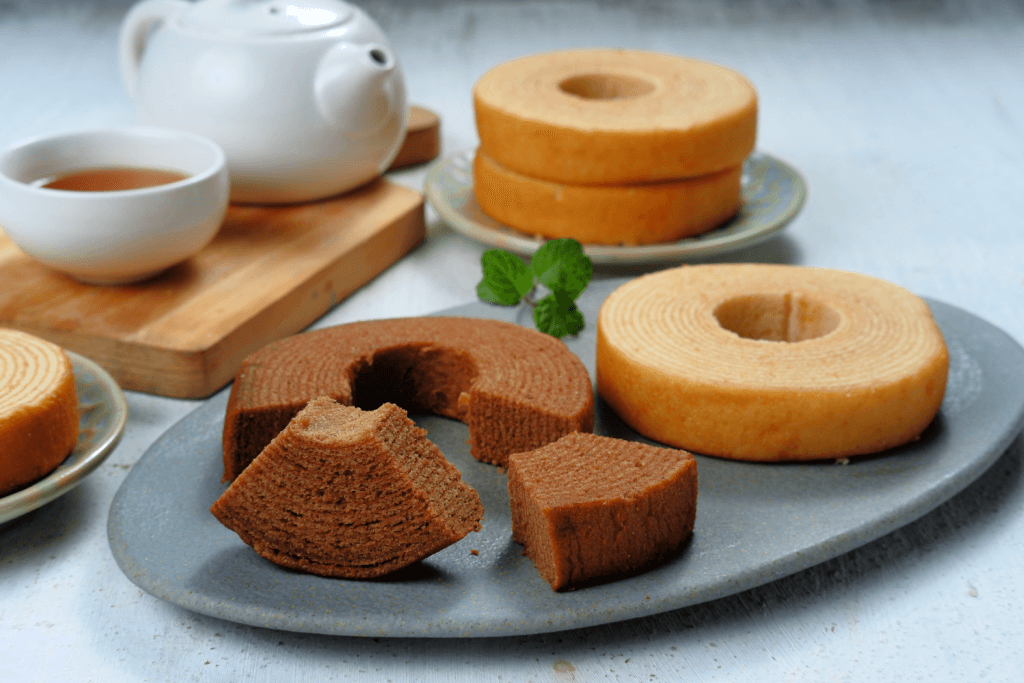
Tokyo Baumkuchen Bakery Shop
If you only want the best, head to this bakery in Mukojima Tokyo, selling delightful baumkuchen. It comes in sizes both large and small, as well as in up to 10 flavors. Their specialty is the apple version, baked around a whole apple that adds to the taste and moisture. You can also sample some made the old-fashioned way and steep yourself in the history of this beautiful treat.
Classic Columbin
This store in Harajuku Tokyo uses Japanese-sourced ingredients. This one-of-a-kind baumkuchen features Harajuku honey for that extra Japanese flair. It also won a gold label from the Monde Selection from 2015 to 2017, three years in a row,
Why should I try baumkuchen?
No matter if you buy your baumkuchen from a fashionable cafe or a roadside station gift shop. Take a moment to appreciate the delicate rings and the efforts to bring this sweet treat into the limelight. Besides its delightful flavor, baumkuchen has a moist, soft, fine texture that melts in your mouth! Have you tried baumkuchen before? Do you have a favorite spot in Japan to buy it? Let us know in the comments below!

